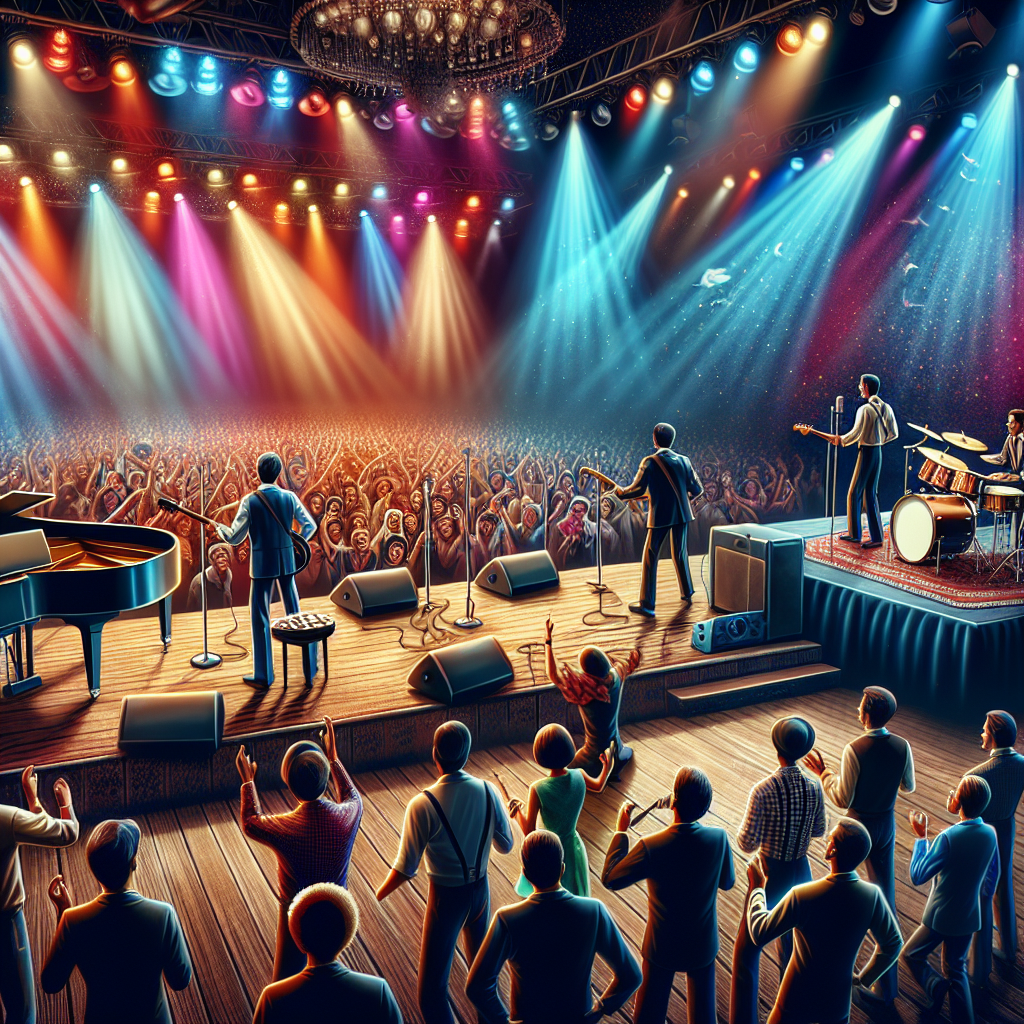The 1960s were a time of great change and upheaval in America. The civil rights movement, the Vietnam War, and the counterculture revolution all played a role in shaping this tumultuous decade. But perhaps one of the most powerful forces driving this cultural shift was music.
Music has always been a reflection of society, and in the 1960s it was no different. The music of this era was a soundtrack to the social and political changes that were taking place. From folk to rock to Motown, each genre had its own message and its own impact on the culture of the time.
Politicians may have been making decisions in Washington, but it was musicians like Bob Dylan, The Beatles, and Jimi Hendrix who were speaking directly to the hearts and minds of young people across the country. Their songs became anthems for a generation that was questioning authority and demanding change.
Fashion also played a key role in the cultural revolution of the 1960s. The hippie movement brought with it a new style that rejected traditional norms and embraced individuality. Tie-dye shirts, bell-bottom pants, and long hair became symbols of rebellion against mainstream society.
But perhaps one of the most important factors in shaping the cultural revolution of the 1960s was technology. The invention of the transistor radio made music more accessible than ever before, allowing young people to listen to their favorite songs wherever they went. This new technology helped to spread messages of peace, love, and unity across the country.
Overall, music played a crucial role in shaping the cultural revolution of the 1960s. It gave voice to a generation that was looking for change and provided a sense of unity during a time of great division. While politicians may have been making decisions behind closed doors, it was musicians who were leading the charge for social justice and equality.
In conclusion, music has always had the power to shape society and drive cultural change. In the 1960s, it served as a powerful force for unity and resistance against oppression. As we look back on this decade, we can see how music helped to define an entire generation and set the stage for future movements for social justice.


Get involved!
Comments